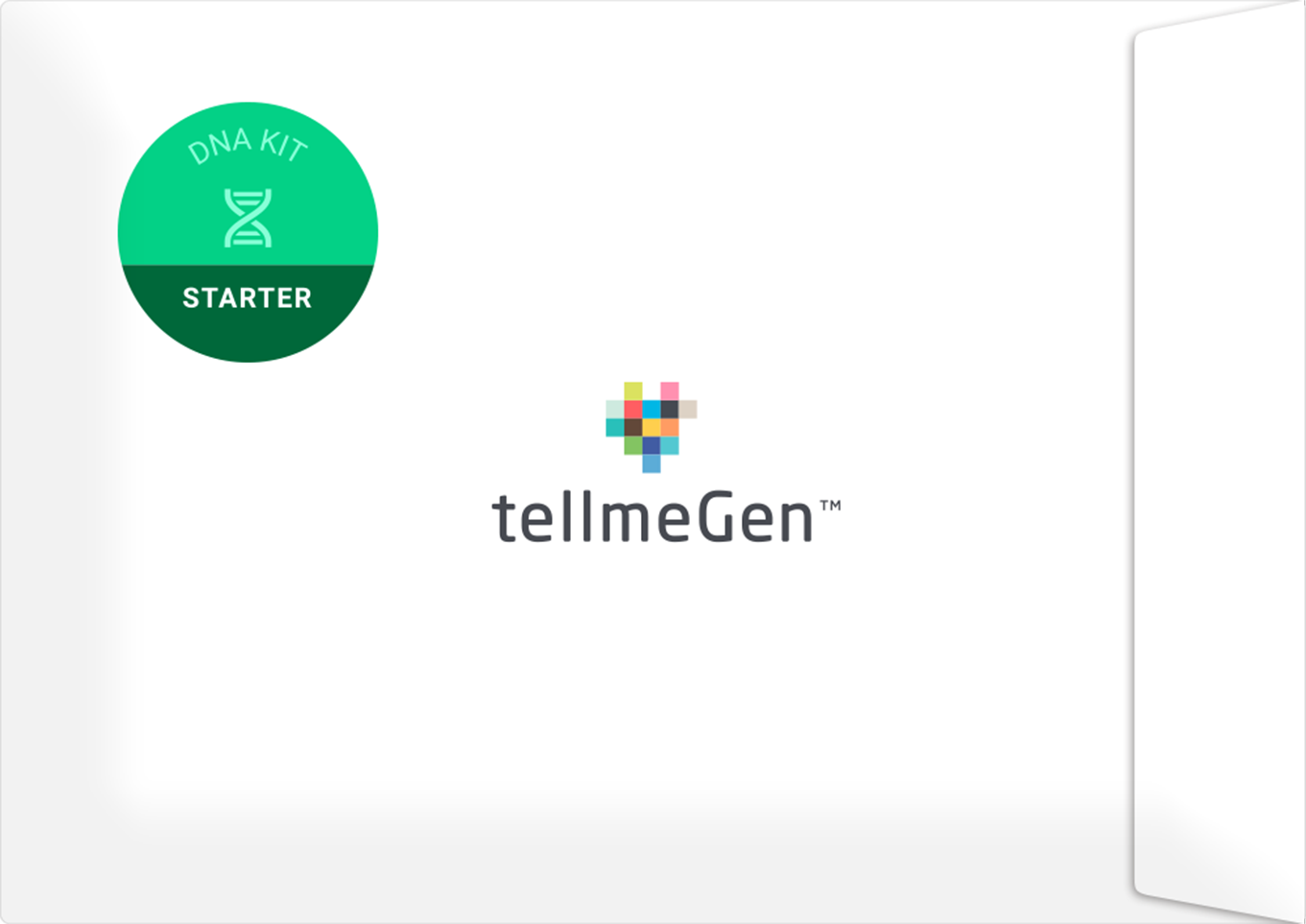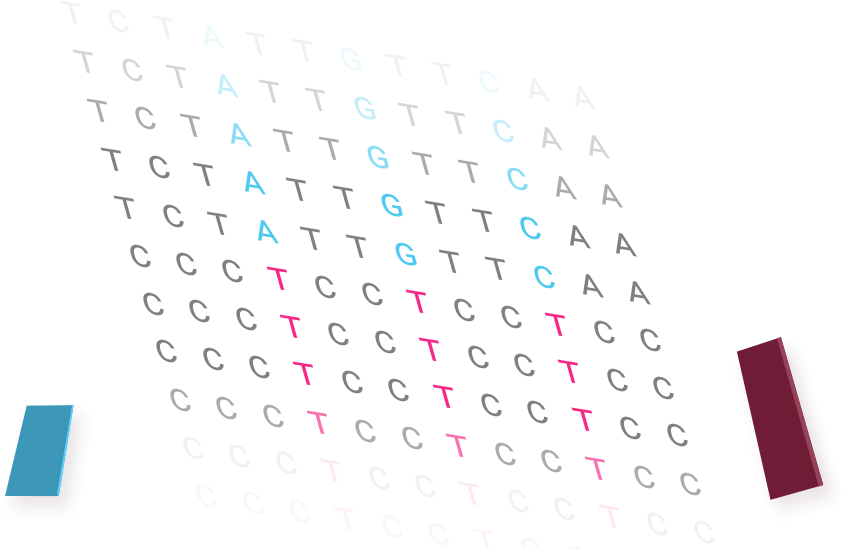
Ancestry service, Traits and Wellness
The combination of genetics and computational power has led to the development of methodologies that increase the number of analyzable variants on a DNA chip from ≈ 750,000 to tens of millions. This has enabled the discovery of new relationships between genetic variants and their impact on disease, as well as the development of techniques to estimate an individual's genetic vulnerability to present a disease or health condition more accurately than ever before.


Complex diseases and traits are those in which their development is regulated by a genetic factor (DNA of an individual) and an environmental factor (lifestyle). Possessing a specific genetic variant does not lead to the development of the disease, but can increase or decrease the risk of suffering from it. This is why we talk about "genetic risk".
Analyses that make it possible to study the genetic part that regulates a disease or complex trait and, therefore, to know the genetic variants that influence its development, are called genome-wide association studies (GWAS).
GWAS studies are powerful computational analyses where the genetic information of thousands of individuals with a particular disease is compared against the genetic information of thousands of individuals without that disease. Those genetic variants, which are implicated in the development of the disease, will be present more frequently in one of the groups than in the other. If the variants are more frequent in the diseased group, they are considered risk variants, whereas if they are more frequent in the healthy or control group, they are considered protective variants.
More and more variants associated with the genetic risk of developing a disease are discovered. This has meant that conventional DNA chips, which analyze between 500,000 and 1,000,000 variants, are insufficient if accurate results are to be obtained.
In recent years, thanks to improvements in whole genome sequencing technologies, large projects have worked on creating population reference panels. These reference panels are large databases containing the complete genetic information of hundreds to thousands of individuals.
One of the main uses of these reference panels is the application of the imputation method. This technique allows, starting from a DNA chip as used in tellmeGenTM and a population reference panel as a "genetic template", to increase the number of genetic variants. This makes it possible to go from hundreds of thousands to millions of variants analyzed.